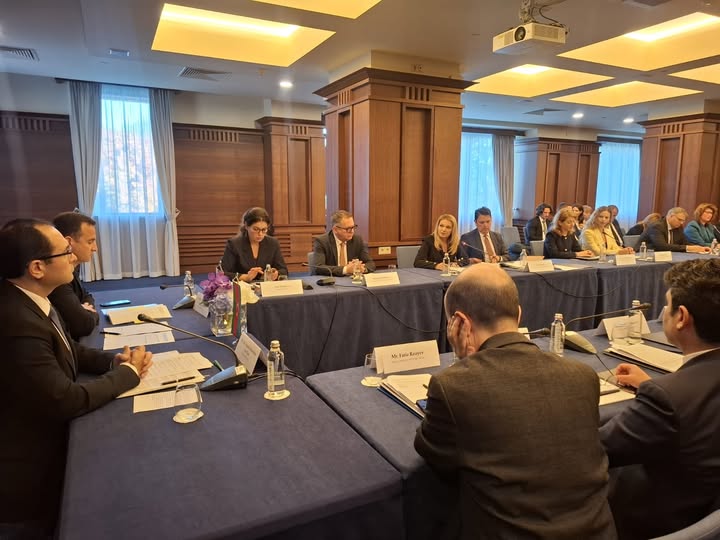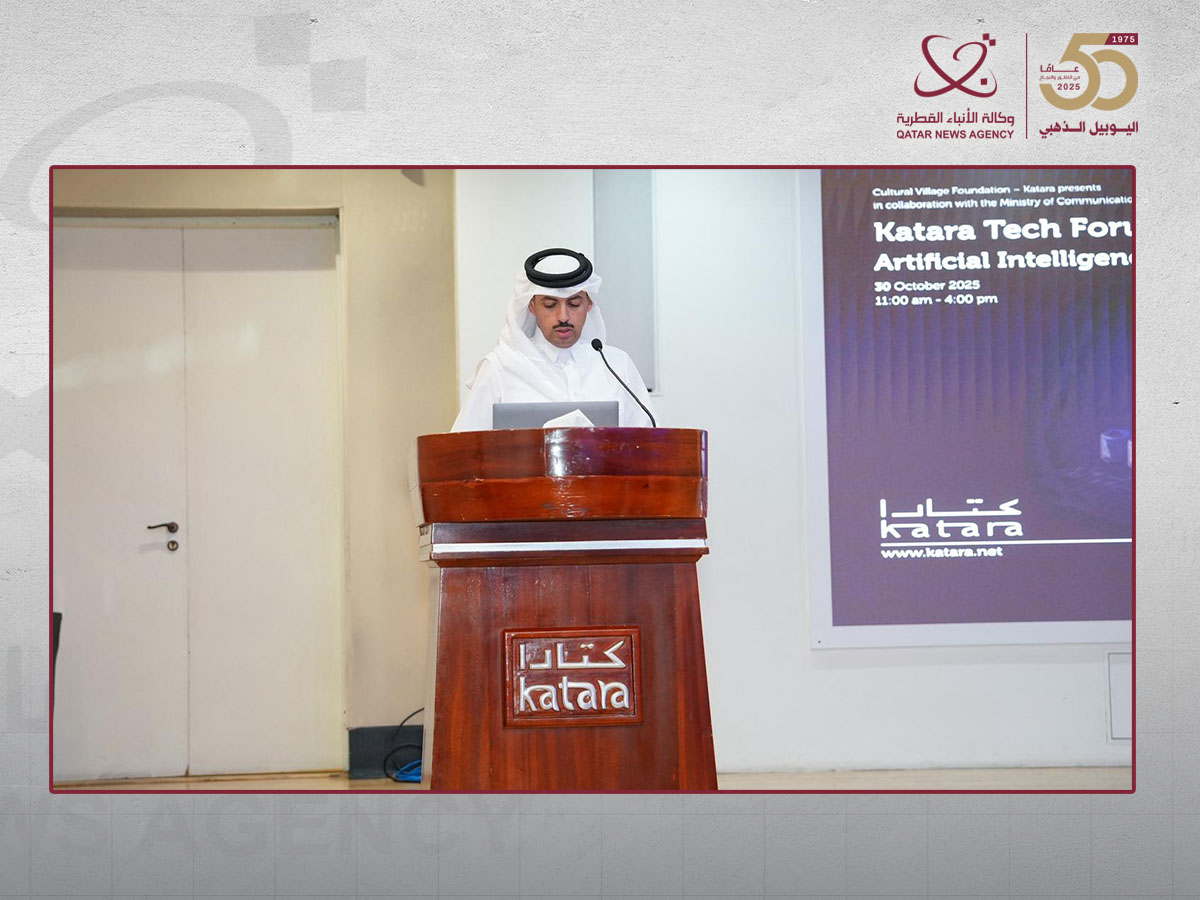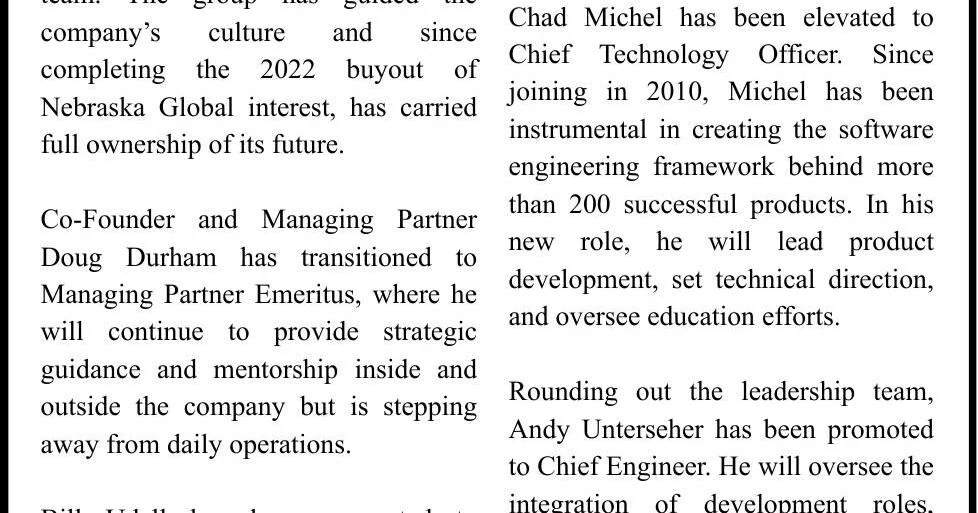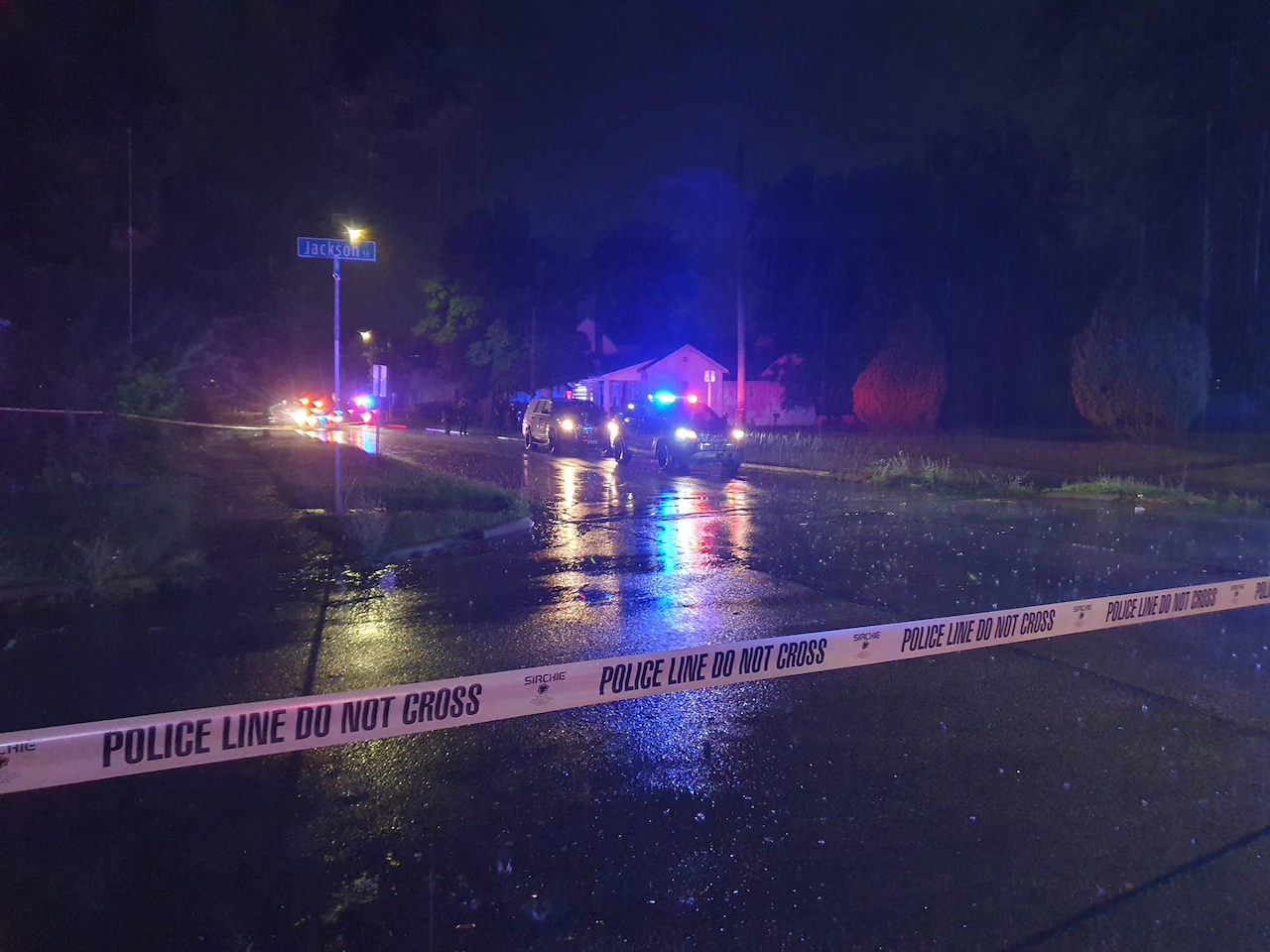Copyright tribuneonlineng
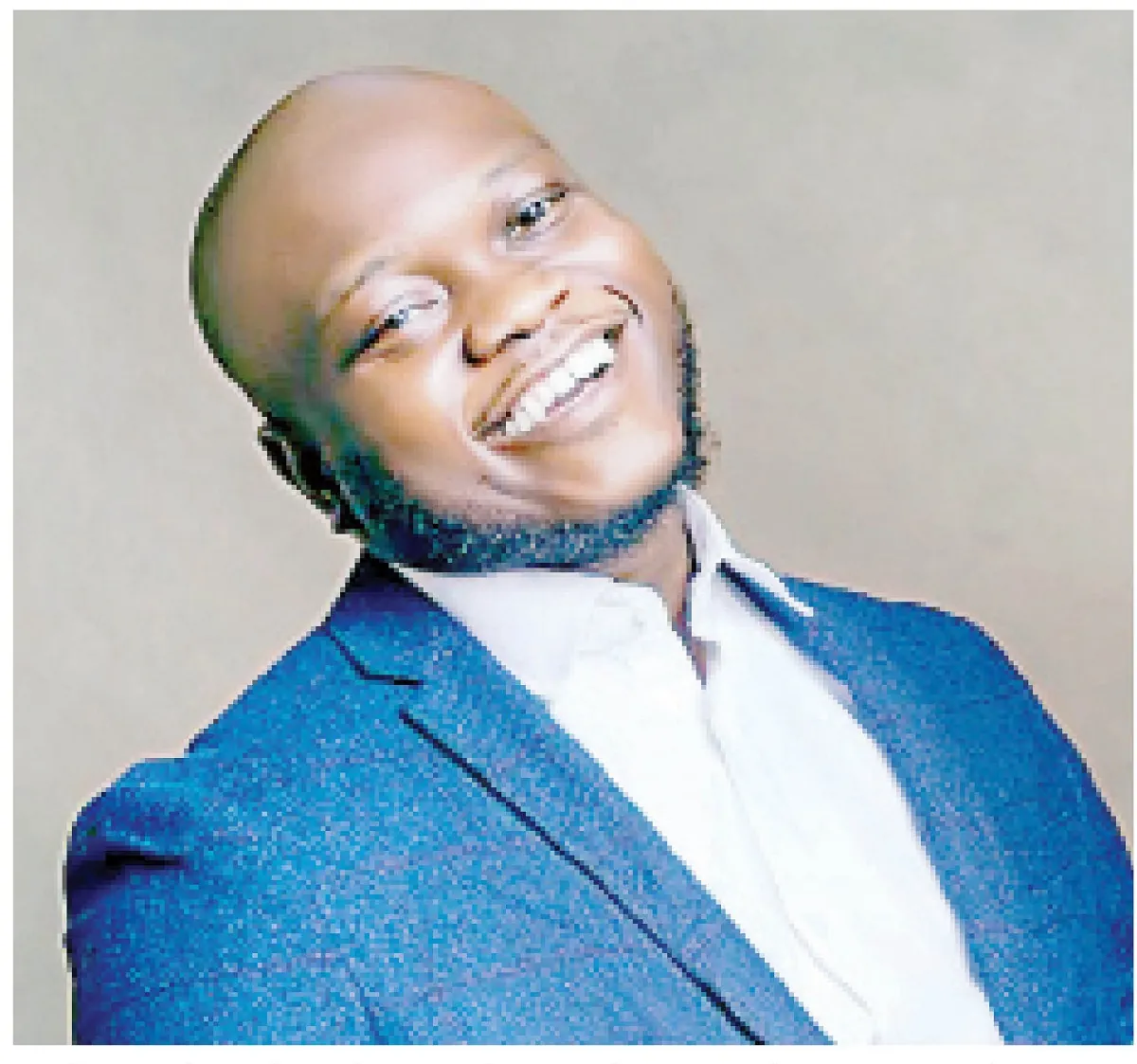
In a media landscape brimming with voices, not many have managed to build credibility, connection, and character like Daniel Adaaja, a young Nigerian broadcaster whose rise has been defined by quiet consistency and purpose-driven storytelling. Nominated for On-Air Personality of the Year at The Future Awards Africa 2025, Daniel represents a generation of broadcasters who blend depth with creativity, proof that passion and perseverance can still thrive in an industry often ruled by trends. In this exclusive conversation with ROTIMI IGE, Daniel opens up about his beginnings, his love for the craft, and the deeper meaning behind this recognition. This nomination feels like a full-circle moment. What does this recognition from The Future Awards represent to you personally? Honestly, it feels surreal. I started with little more than curiosity and a deep love for the magic of sound; how a single voice could move people, inform them, or shift how they saw the world. There were moments I questioned if the work mattered, especially in the early years when radio didn’t seem to offer clear rewards beyond passion. So, this nomination from The Future Awards Africa feels like a quiet validation that showing up, staying true, and believing in your voice still counts. It represents growth, faith, and the beauty of staying the course even when no one is clapping yet. You’ve carved out a space for yourself in the Nigerian radio landscape. What, in your own words, makes a truly great broadcaster today, beyond just having a good voice or presence on-air? A great broadcaster today is not just a voice; they are a bridge between people, cultures, and ideas. Beyond speaking well, it’s about listening deeply, thinking critically, and connecting authentically. In today’s world, you must understand the pulse of your audience; what they care about, how they feel, and how your words can serve or uplift them. Great broadcasting is empathy on air. Radio has changed drastically: audience behavior, technology, even tone. How have you evolved with the times while keeping your authenticity intact? I’ve learned to evolve by embracing change, not resisting it. The audience has moved from being passive listeners to active participants, and that’s why I focus on engagement-driven shows like Blast Rise. We bring real stories, conversations, and energy that people can see themselves in. At the same time, I’ve stayed authentic by remembering why I started, not for trends, but for connection. Technology might change how we reach people, but the heart of what we do, storytelling and truth, will always remain constant. Every broadcaster has that one moment they realised their words carried weight. What was yours? Mine came during The Radio Room Live session. After one of our conversations about burnout and the mental health of broadcasters, a participant walked up to me and said, “Thank you. I was close to quitting radio, but today reminded me why I started.” That moment shifted everything. It made me realize that radio and podcasting go beyond entertainment — they are lifelines for people who simply want to be seen, heard, or reminded that they matter. The journey hasn’t been linear. What’s one moment you almost gave up, and what pulled you back into the game? There was a time when I felt stuck, doing the work but not feeling seen. Opportunities weren’t coming, and the industry felt crowded. But every time I thought of giving up, I’d remember a listener’s message or a young broadcaster reaching out to say I inspired them. Those moments pulled me back. I realized that fulfillment doesn’t always come from recognition; sometimes, it comes from quiet impact. That mindset helped me stay grounded and keep building. The Nigerian creative industry is fast-paced and often underappreciated. How do you stay motivated and relevant in an ecosystem that doesn’t always reward consistency? I focus on value and growth. I tell myself that while the system may be slow to reward, the audience never forgets authenticity. I also invest in learning through trainings, collaborations, and platforms like Managing Conflict in Today’s Newsroom by Aga Khan University. Those experiences keep me evolving, and when you keep improving, relevance becomes natural. You’ve worked across platforms from OGBC to Women Radio, and now Blast FM. What has each experience taught you about leadership, storytelling, and connecting with audiences? OGBC taught me discipline, the structure of broadcasting. Women Radio taught me empathy, how stories can empower and create visibility for underrepresented voices. Blast FM taught me innovation on how to merge urban culture, creativity, and substance in a way that resonates with young listeners. Each platform refined my leadership; learning how to guide teams, share ideas, and co-create experiences that matter. Beyond the microphone, there’s a creative mind, a mentor, and a thinker. What kind of legacy do you hope to build in broadcasting, and what conversations do you want your work to spark in this generation? I want to build a legacy of voice and value to remind this generation that broadcasting isn’t just about fame, it’s about influence with intention. Through The Radio Room, I want to inspire broadcasters to see themselves as culture shapers and community builders. My hope is to spark conversations about authenticity, wellness, and purpose in media — because those are the conversations that create longevity, not just visibility. The Future Awards are known for spotlighting young Africans shaping the culture. How do you think today’s OAPs and broadcasters can shape the next phase of Nigerian storytelling? We have to stop seeing radio as just ‘talking’ and start seeing it as documenting. We are the custodians of our people’s voices, humor, struggles, and triumphs. Today’s OAPs can shape the next phase by merging old-school depth with new-school creativity, using platforms like podcasts, live shows, and digital media to tell our stories with honesty and flair. Let’s talk about what’s next. What should we expect from you going forward? The next chapter is about expansion, taking The Radio Room across more cities, collaborating with international broadcasters, and creating a mentorship ecosystem for young OAPs. I also want to grow as a storyteller, exploring new media formats and documentaries that spotlight the African experience. The goal is simple: to keep evolving, keep learning, and keep amplifying voices that deserve to be heard.
